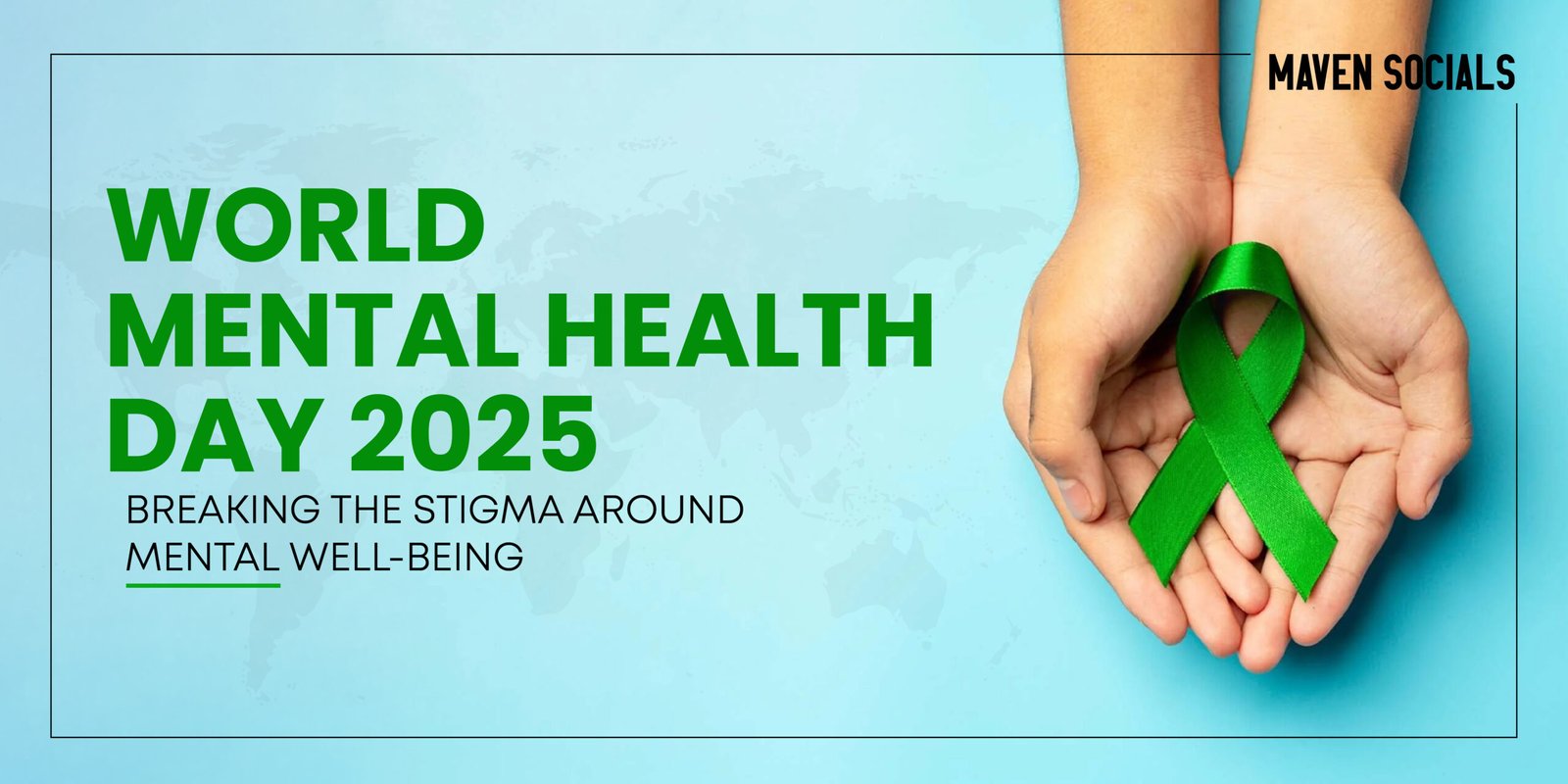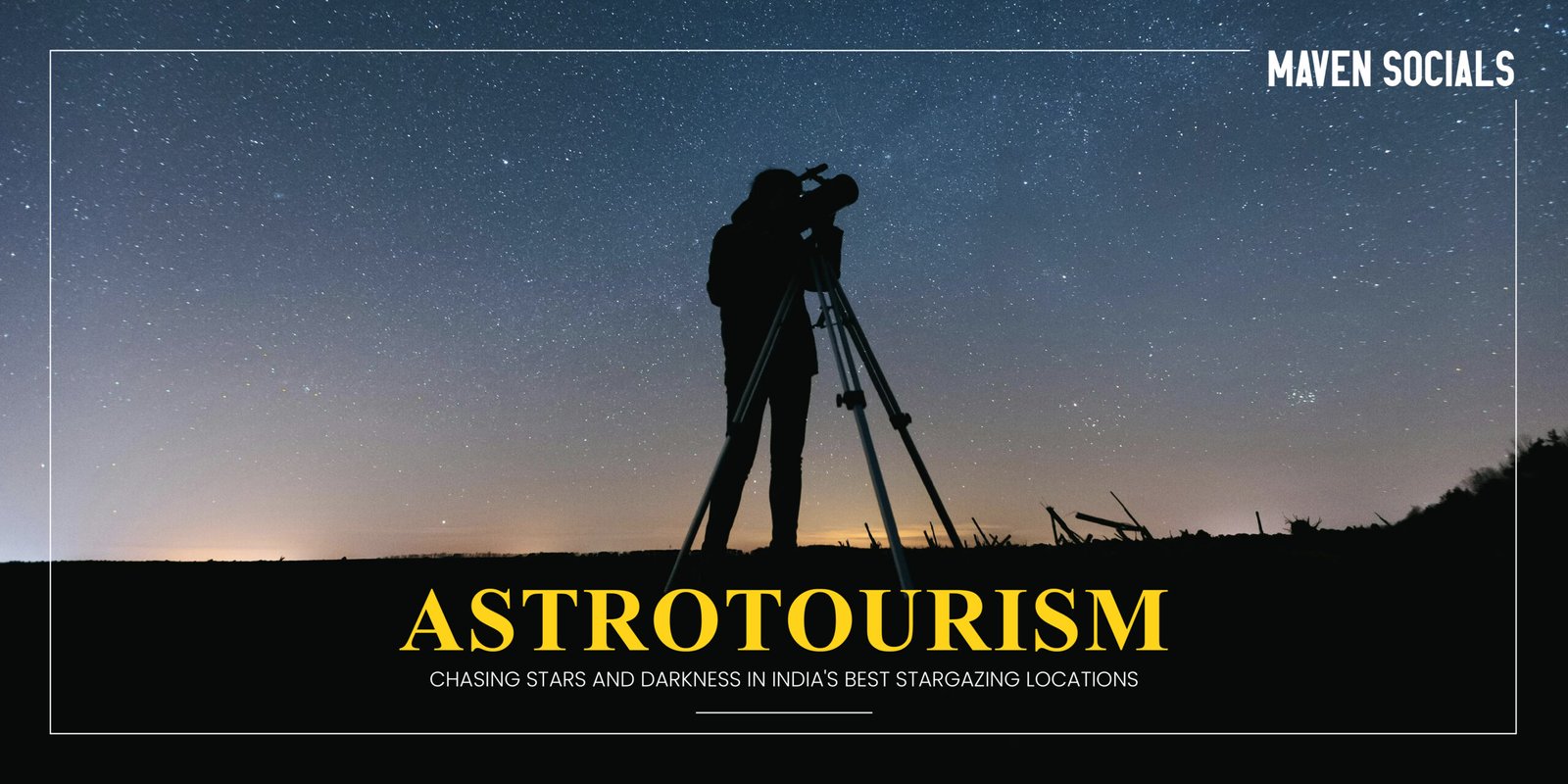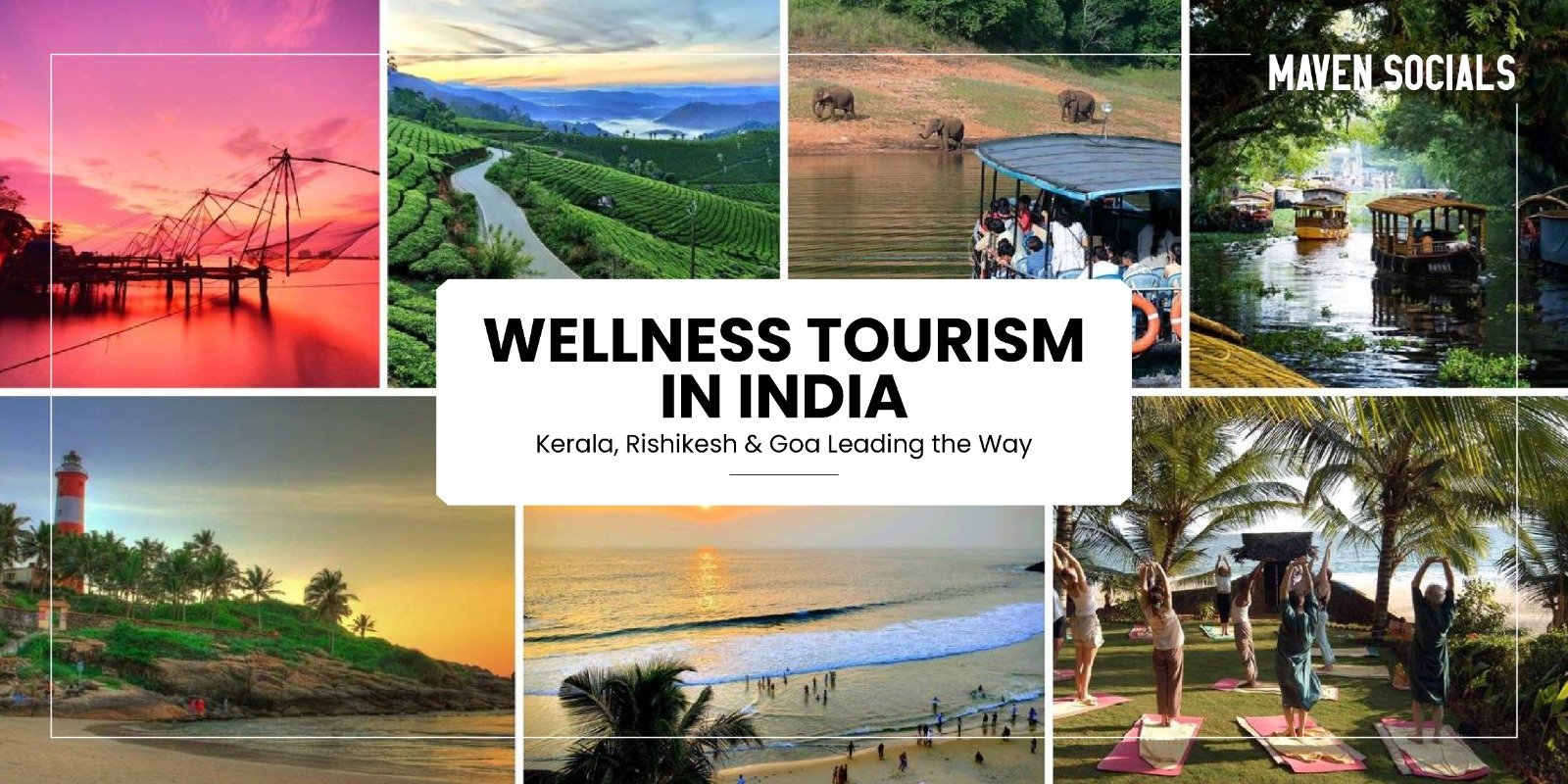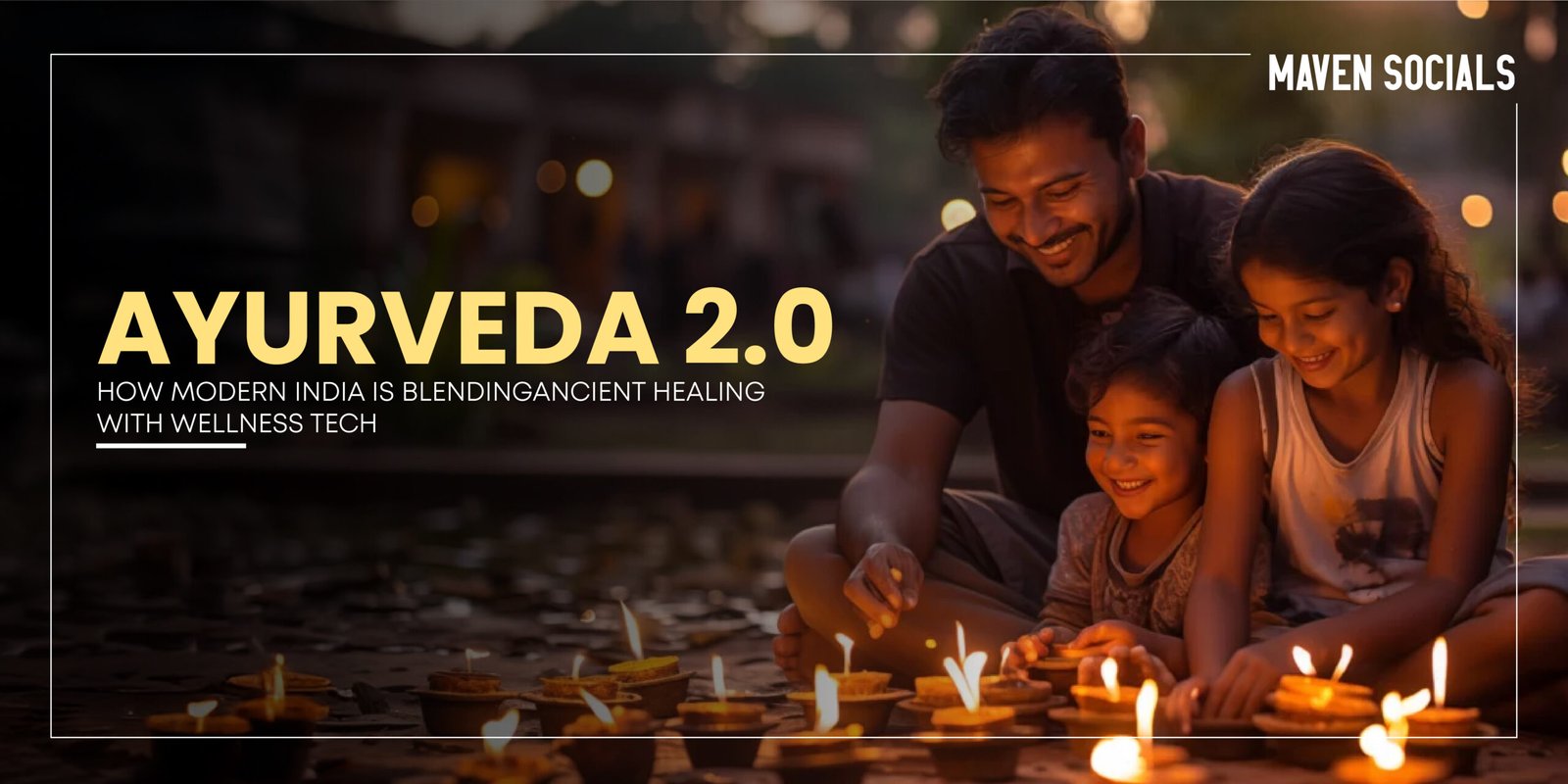Every year, October 10 marks World Mental Health Day, a day dedicated to raising awareness about mental health issues and promoting well-being across the globe. In 2025, the theme revolves around “Breaking the Stigma Around Mental Well-being”, emphasizing the urgent need to address misconceptions, discrimination, and silence surrounding mental health.
Understanding Mental Health Stigma
Mental health stigma is a widespread issue that affects individuals of all ages, backgrounds, and cultures. It often manifests as negative stereotypes, fear, or prejudice towards people experiencing mental health challenges. This stigma not only discourages people from seeking help but can also impact their self-esteem, relationships, and overall quality of life.
Despite growing awareness, myths persist. Many still wrongly associate mental health conditions with weakness, personal failure, or instability. Breaking these misconceptions is critical for creating a society that supports rather than shames those facing mental health struggles.
Why Breaking the Stigma Matters
- Encourages Seeking Help: When mental health is normalized, people are more likely to reach out to professionals or support networks without fear of judgment.
- Promotes Inclusive Communities: A stigma-free environment fosters empathy, understanding, and inclusivity.
- Improves Overall Well-being: Awareness and acceptance reduce stress and anxiety, contributing to healthier minds and bodies.
How We Can Contribute
Everyone has a role to play in breaking the stigma:
- Educate Yourself and Others: Learn about mental health conditions and share accurate information.
- Listen Without Judgment: Be a supportive presence for those who open up about their struggles.
- Speak Up: Use your voice to challenge stigmatizing language or behavior in your community or workplace.
- Promote Mental Wellness Practices: Encourage practices such as mindfulness, therapy, exercise, and adequate rest.
Initiatives Around the World
On World Mental Health Day 2025, organizations, schools, and communities globally are hosting awareness campaigns, workshops, and mental health screenings. Social media campaigns using hashtags like #BreakTheStigma and #MentalHealthMatters aim to reach millions, sparking conversations that help normalize mental health care.
Conclusion
World Mental Health Day 2025 is a reminder that mental well-being is as important as physical health. By challenging stereotypes, educating ourselves, and supporting one another, we can help build a world where mental health is openly discussed and compassionately addressed.
This October, let’s pledge to break the stigma and prioritize mental well-being—not just for a day, but every day.













